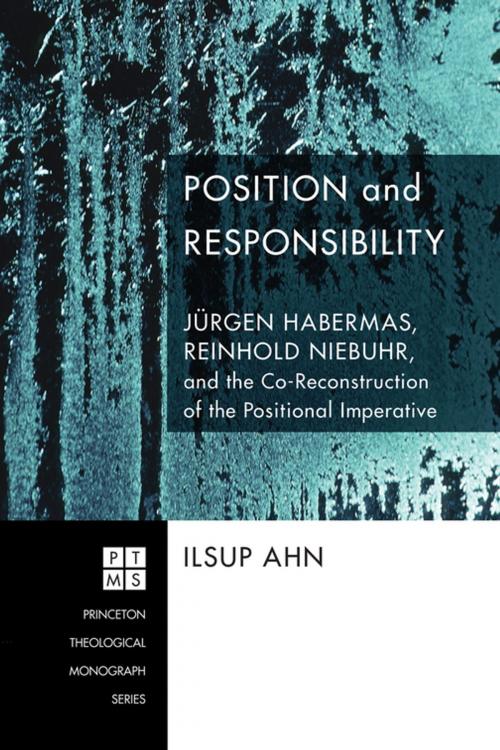Position and Responsibility
Jürgen Habermas, Reinhold Niebuhr, and the Co-Reconstruction of the Positional Imperative
Nonfiction, Religion & Spirituality| Author: | Ilsup Ahn | ISBN: | 9781630877347 |
| Publisher: | Wipf and Stock Publishers | Publication: | June 8, 2009 |
| Imprint: | Pickwick Publications | Language: | English |
| Author: | Ilsup Ahn |
| ISBN: | 9781630877347 |
| Publisher: | Wipf and Stock Publishers |
| Publication: | June 8, 2009 |
| Imprint: | Pickwick Publications |
| Language: | English |
What is the moral criterion for those who hold power positions and authority in governments, corporations, and institutions? Ahn answers this question by presenting the concept of the positional imperative. The positional imperative is an executive moral norm for those who hold power positions in political and economic organizations. By critically integrating the Neo-Kantian reconstructionism of Jurgen Habermas with the Neo-Augustinian reconstructionism of Reinhold Niebuhr, through the method of co-reconstruction, Ahn identifies the positional imperative as an executive moral norm embedded in all power positions: Act in such a way not only to abide by laws, but also to come by the approvals of those affected by your positional actions. By uncovering this executive moral norm, Ahn argues that a position holder is not just a professional working for the system, but a moral executive who is willing to take the responsibility of his or her positional actions.
What is the moral criterion for those who hold power positions and authority in governments, corporations, and institutions? Ahn answers this question by presenting the concept of the positional imperative. The positional imperative is an executive moral norm for those who hold power positions in political and economic organizations. By critically integrating the Neo-Kantian reconstructionism of Jurgen Habermas with the Neo-Augustinian reconstructionism of Reinhold Niebuhr, through the method of co-reconstruction, Ahn identifies the positional imperative as an executive moral norm embedded in all power positions: Act in such a way not only to abide by laws, but also to come by the approvals of those affected by your positional actions. By uncovering this executive moral norm, Ahn argues that a position holder is not just a professional working for the system, but a moral executive who is willing to take the responsibility of his or her positional actions.















